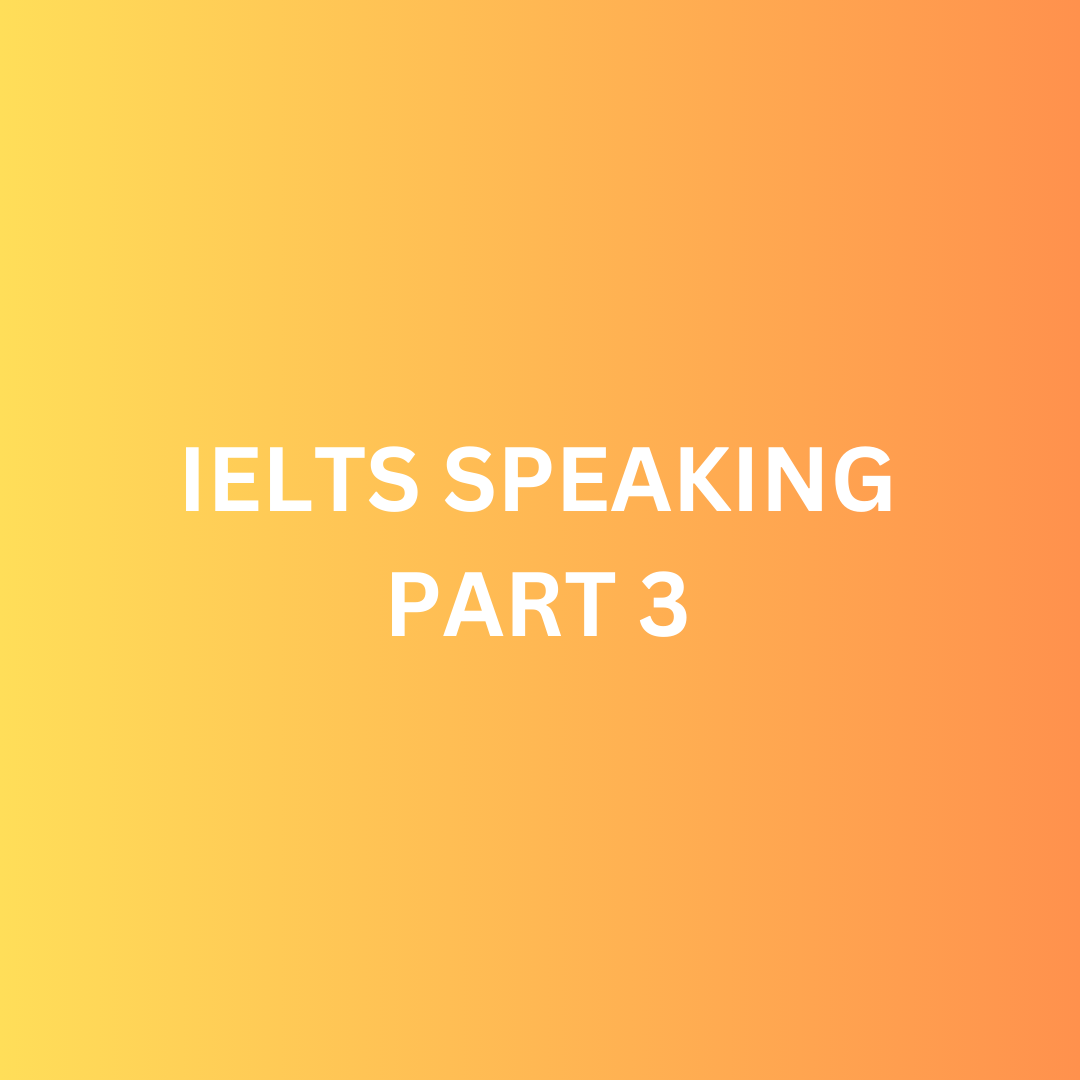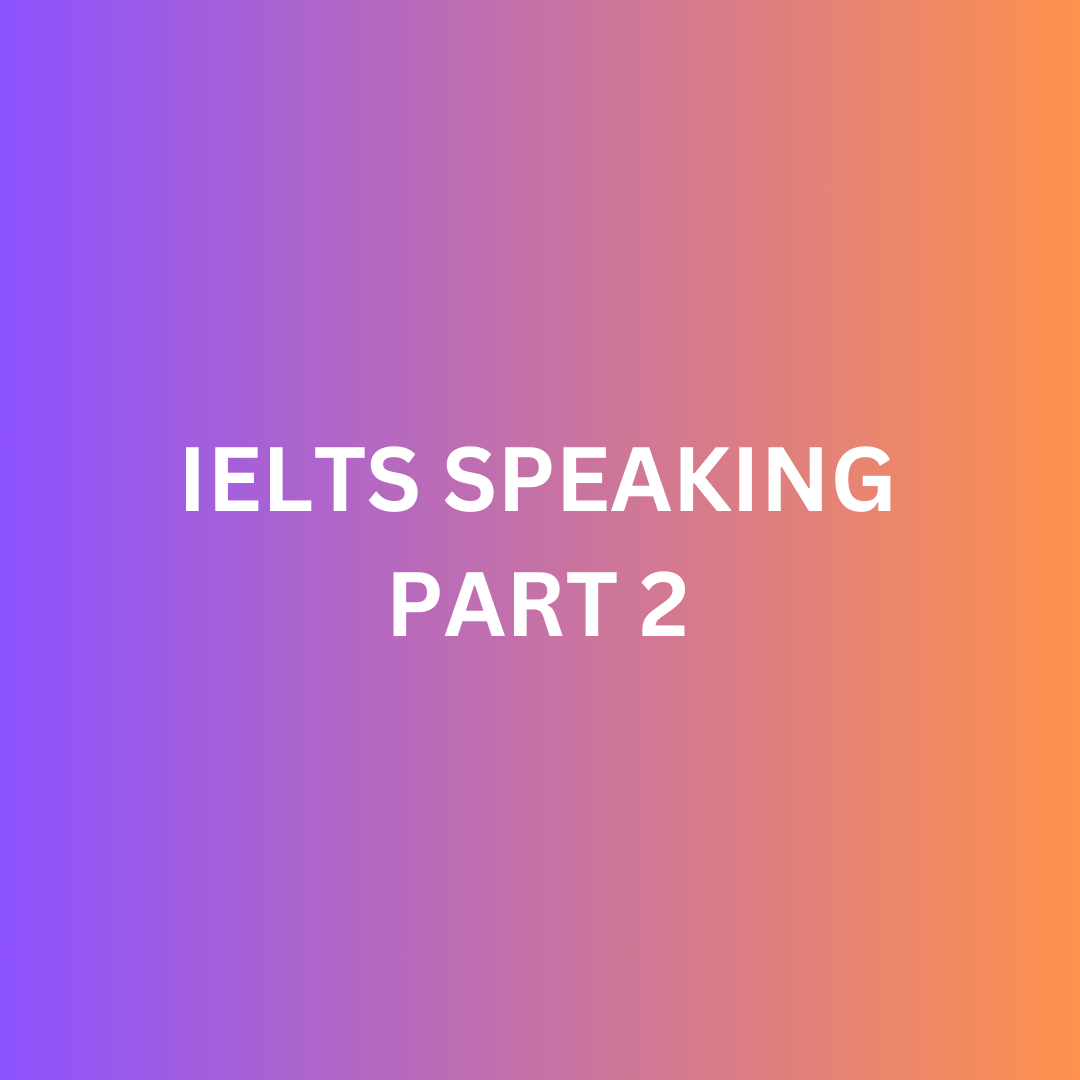1. Should films and television be censored or should we be free to choose what we see?
Ideas:
- Support for Censorship:
- Protection for Children: Censorship helps protect young audiences from content that may be harmful or inappropriate for their age, such as violence or explicit material.
- Preventing Harmful Content: Censorship can prevent the spread of hate speech, harmful stereotypes, or other content that may negatively impact society.
- Cultural Sensitivity: In some societies, certain topics or scenes may be considered offensive, and censorship helps maintain cultural respect.
- Against Censorship:
- Freedom of Choice: Adults should have the right to choose what they want to watch and should be trusted to make responsible viewing decisions.
- Artistic Freedom: Filmmakers and creators should be free to express their ideas and tell stories without restrictions imposed by censorship.
- Varied Opinions: What is considered offensive or harmful can vary greatly between individuals, and blanket censorship may limit the diversity of ideas in society.
Complete Response: There are valid arguments both for and against the censorship of films and television. On the one hand, censorship can be beneficial in protecting young audiences from harmful or inappropriate content, such as graphic violence or explicit material. It can also prevent the spread of harmful messages, such as hate speech, and ensure that cultural sensitivities are respected in certain societies. However, on the other hand, some believe that censorship restricts freedom of choice. Adults should be trusted to decide what they want to watch, and filmmakers should have the freedom to express their ideas without limitations. Additionally, since people have different opinions about what is offensive, censorship may prevent the exploration of diverse perspectives in media. Ultimately, it comes down to finding a balance between protection and freedom.
2. How do you think censorship laws will change in the next 20 years?
Ideas:
- Loosening of Restrictions: Censorship laws may become more relaxed, as more people demand freedom of expression and access to diverse content, especially in more liberal societies.
- Stricter Online Regulations: With the rise of digital platforms and streaming services, governments may implement stricter controls on online content to regulate what is shared across borders.
- More Sophisticated Technology: Advanced technology like AI may be used to personalize content controls, allowing viewers to filter content based on their preferences, rather than blanket censorship for all.
Complete Response: I think censorship laws will evolve significantly in the next 20 years. In some parts of the world, we may see a loosening of restrictions as societies become more open and people demand greater freedom of expression in the media. However, at the same time, stricter regulations could be imposed on online platforms, especially as more content is shared globally through streaming services. Governments might feel the need to regulate this digital space more closely to control what is being accessed. Another possibility is the development of more sophisticated technology, such as AI, which could allow users to filter content based on personal preferences, giving individuals more control over what they choose to see while reducing the need for traditional censorship laws.

